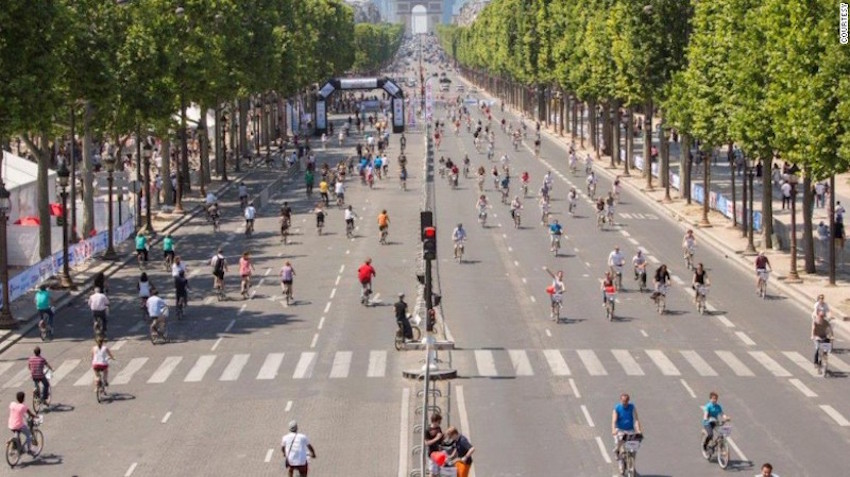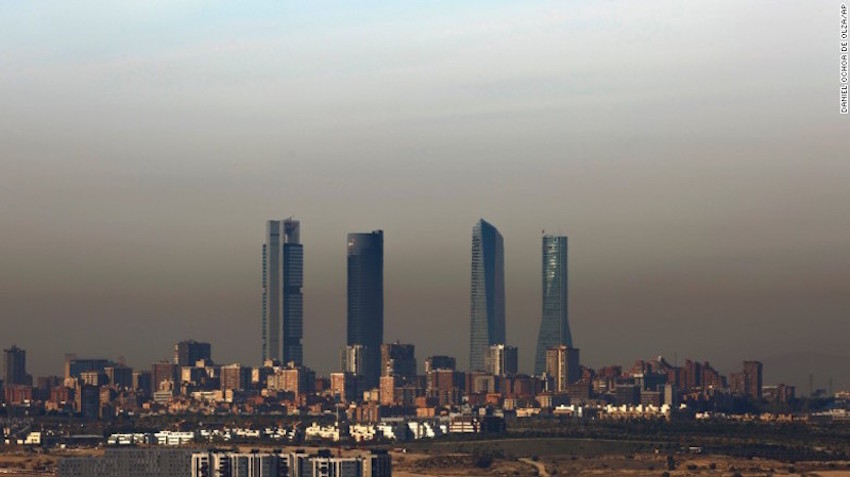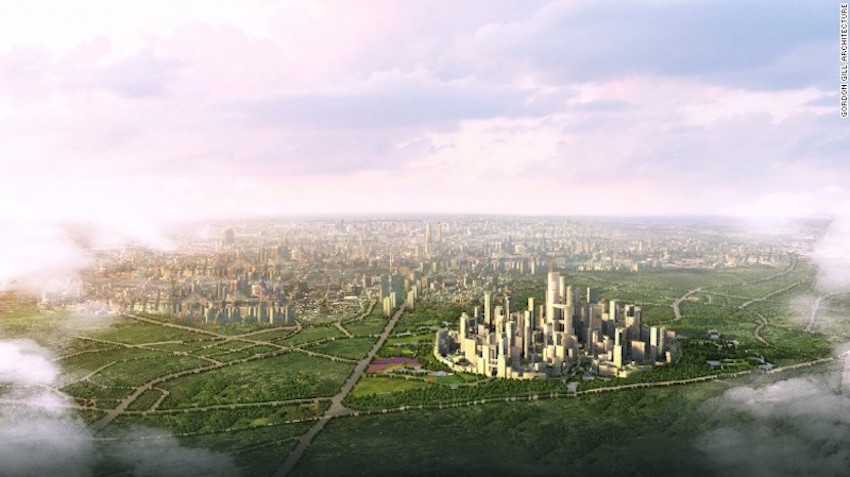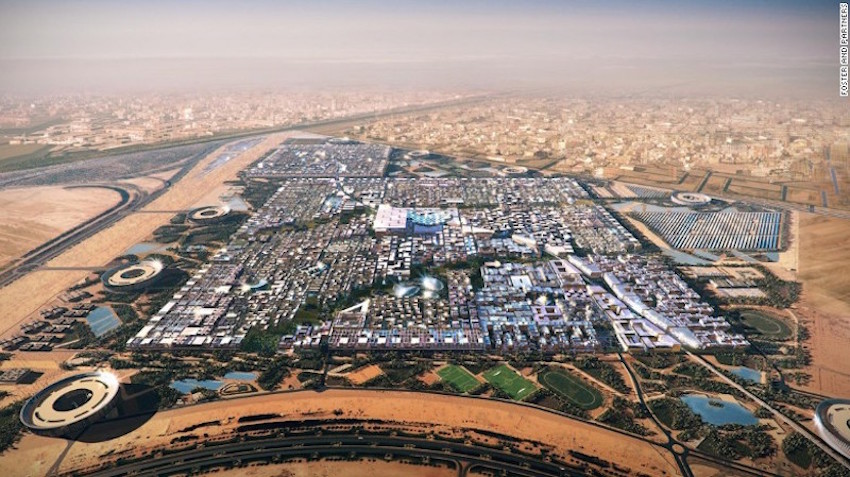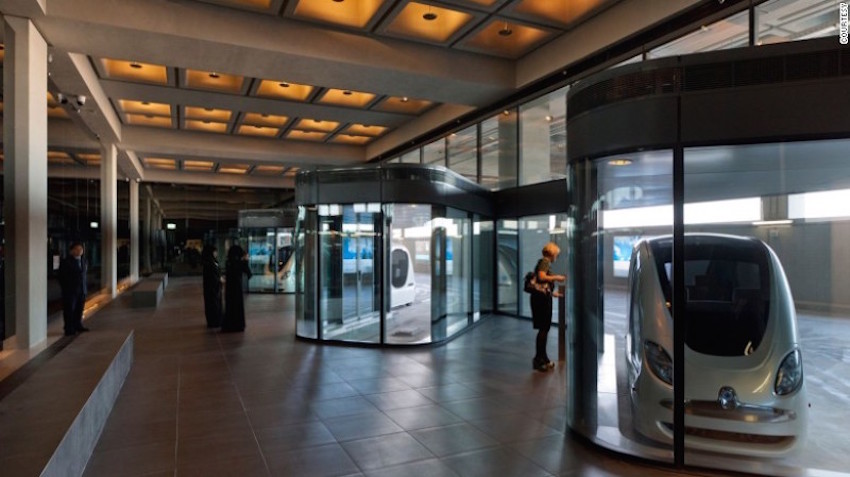Last month, Oslo became the first major city to announce ambitions to go car-free by 2019, pledging a comprehensive and permanent ban in the Norwegian capital — but it’s not the only urban hub trying to reduce their reliance on vehicles.
And the impetus to do so is stronger than ever.
Last week, the World Meteorological Organization announced that 2015 is shaping up to be the warmest year on record since record-keeping began, and is likely to reach the symbolic milestone of 1° Celsius above the pre-Industrial era, due to a strong El Nino and human-induced global warming.
Vehicles are the number one contributor to the typical American household’s c, according to the U.S. Environmental Protection Agency. It contributes 51% of the average household’s emissions. Appliances came next using 26%, followed by heating and cooling 18% and waste 5%.
Highway vehicles release about 1.7 billion tons of greenhouse gases (GHGs) into the atmosphere each year — mostly in the form of carbon dioxide (CO2) — contributing to global climate change.
From our partners:
Little wonder the revelation that Volkswagen, one of the largest car makers in the world, had programmed some of its cars to cheat on emissions tests created such a scandal.
Car-free zones
Like Oslo, cities around the world are test-driving car-free initiatives. On September 27, Paris went car-free for a day, leading to a 40% drop in air pollution. New Delhi followed suit on October 22. One of the world’s most polluted capitals, it blocked off a four-mile stretch to help their citizens get a brief breath of fresh air.
Although Hong Kong residents like to point the finger at factories across the border in Mainland China as the cause for their cough-inducing air, last year’s Occupy protests, which prevented car access to the downtown business district for more than a month, saw the air quality improve noticeably. An alliance of civic groups has since submitted plans to create a pedestrian-only zone along one of the city’s major arteries, with public voting on the designs next month.
[button style=’yellow’ icon=’iconic-split’ fullwidth=’true’] Paris Car-Free Zone[/button]
Paris’ usually jam-packed roads went car-free for a day on September 27.
[button style=’yellow’ icon=’iconic-split’ fullwidth=’true’] Madrid Car-Free Zone[/button]
Madrid’s vehicle-free zone now extends to over one square mile to reduce the pollution that sometimes covers the city with a murky brown film. A plan to close off 24 of the city’s busiest streets is likely to be approved early next year.
[button style=’yellow’ icon=’iconic-split’ fullwidth=’true’] Hong Kong Car-Free Zone[/button]
Hong Kong is mulling over plans to make one section of its bustling downtown a bit more eco-friendly. A range of civic groups have proposed to make Des Veoux Road in Central, a major city artery, pedestrian-only.
Trams will be the only kind of vehicles allowed in the zone, if the concept was approved. Members of the public will be asked to vote for their favourite plan next month.
[button style=’yellow’ icon=’iconic-split’ fullwidth=’true’] China Car-Free Zone[/button]
China may perform miserably overall when it comes to air pollution but by 2020, this is what Great City, a town outside of Chengdu, China is projected to look like. It’s been designed so that the distance between any two points in the city should be walkable with about 15 minutes, eliminating the need for cars.
Scheduled for completion in 2020, it will accommodate up to 80,000 people, planners Adrian Smith + Gordon Gill Architecture Designs said, and residents can make use of a system of electric shuttles.
[button style=’yellow’ icon=’iconic-split’ fullwidth=’true’] Abu Dhabi Car-Free Zone[/button]
Abu Dhabi in the UAE is building what they say will be the world’s first zero-carbon city. Not only will it be free of cars and skyscrapers, it will be solar-powered.
Emirates will have to give up their gas-guzzling SUVs in this town. The city plans to use driverless electric pod cars to transport people.
Green from the get-go
Other places have even grander visions to build cities from the ground up to not rely on cars. Masdar City in Abu Dhabi is bucking the gas-guzzling SUV trend in oil-rich UAE. Planned for completion in 2020, the entire city, estimated at a cost of $15 to 30 billion will be carbon-neutral. Driverless electric pod cars will replace traditional vehicles and the city will get its power from solar panels.
Similarly, residents of Great City — planned as a satellite city of the southwestern metropolis of Chengdu — will also never need to use cars, says Adrian Smith + Gordon Gill Architecture Designs, who is leading the conceptual project. Also set to debut in 2020, it’s been designed so that any two points in the city are within a 15-minute walking distance and there’s hope that it could act as a prototype city and replicated in other regions of the country.
Granted these designs may not be practical everywhere.
Existing infrastructure and limited resources may pose barriers to cities as they try to go green, but as Richard Branson told CNN’s Richard Quest, if cars are still a fixture in cities of the future then it may mean changing what a car is or means.
[infobox title=’Richard Branson said:’]“If we’re going to [have the world carbon neutral by 2050], car manufacturers have got to start today changing their approach and moving to a world where cars are powered by the sun and by the wind.”
[/infobox]
This feature originally appeared in CNN.







